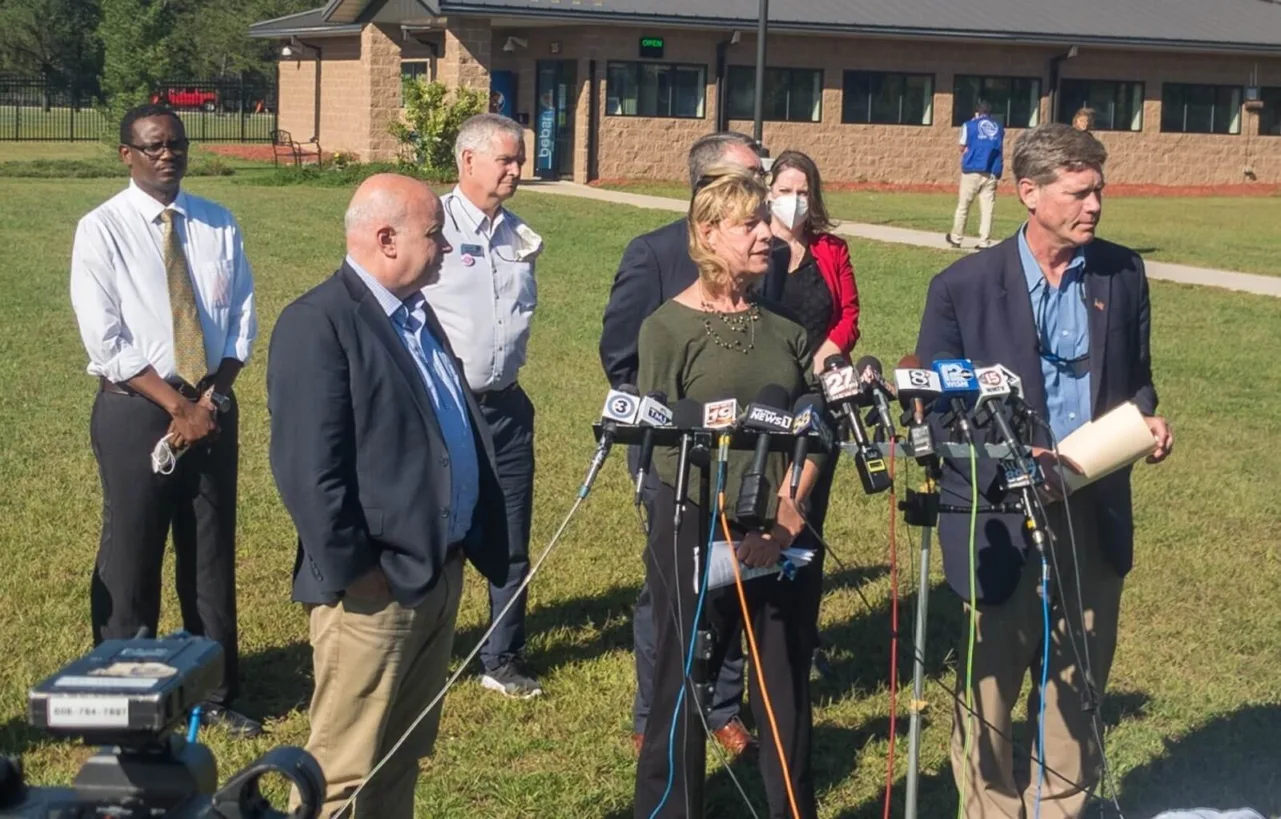
#image_title
Group of Democrats from Congress and the Legislature: “We can pay them back now” for supporting US troops in harm’s way.
A Democratic delegation including US Sen. Tammy Baldwin; US Reps. Mark Pocan and Ron Kind; and state senators and representatives toured Fort McCoy on Tuesday.
During a press conference immediately afterward, they dispelled the rumors and fear-mongering Wisconsin Republicans have put forward about the 13,000 Afghan men, women and children that fled their country as it was overtaken by the Taliban. Kind emphasized the layers of vetting that is being undertaken.
“I am comfortable with the extreme vetting processes,” Kind said. “They’re taking it very seriously.”
“These people weren’t just picked up off the streets of Kabul and loaded onto a plane,” said State Rep. Jodi Emerson (D-Eau Claire). “There was a process to even get on the plane. And then when they were overseas, there was another process. When they got to Dulles [International Airport in Virginia], there was another process.”
Rep. Samba Baldeh (D-Madison) pointed out that the fear-mongering from Republicans not only affects Afghan refugees—many of whom worked alongside US forces in Afghanistan—but also national security and our country’s ability to form alliances.
“Republicans must understand that the safety and the security of this country is, to a high extent, also dependent on our relations with the rest of the world,” Baldeh said. “If we cannot support people who fought along our side for two decades, who are we going to support? Who’s going to be our partner? Who are we going to count on?”
State Rep. Jodi Emerson (D-Eau Claire) pointed out that this isn’t the first time Wisconsin has welcomed refugees. Throughout the 20th century, Somali and Hmong refugees came to Wisconsin as a result of conflicts such as World War II and the Vietnam War.
“I hope that we have learned from those situations on how to do this best. How do you make people feel at home here?” Emerson said. “These people helped us in the war. They helped us by supporting our troops who were overseas and this is the way that we can pay them back now, by accepting them.”
Regarding COVID-19 cases among the refugees, Baldwin said there were “very few” but could not give an exact number. The refugees have also been offered the COVID-19 vaccine. Only one has turned it down, Pocan said.
“I wish we had that,” Pocan said, referring to the countless Americans who have refused to get vaccinated.
As for reports of a measles outbreak, it turns out there is only one confirmed case so far.
Our Future Neighbors
The delegation did not get to interact with refugees one-on-one, but Baldwin said she heard from people working with the refugees that “gratitude has been expressed over and over again.”
“We take that to heart,” she said.
Emerson said she was struck by the professionalism of Fort McCoy’s staff, who had to figure out how to provide 13,000 people with meals, laundry, clothing, diapers, and formula. She was also struck by the respect they showed the Afghans, many of whom served alongside US troops in Afghanistan.
“They kept on referring to the Afghan refugees as guests,” she said. “And that was the attitude that was pervasive—that these people are our guests, they will soon be our neighbors, and we need to treat them as such.”
As their tour bus drove through the camp, Emerson said it reminded her of a small Wisconsin town.
“People are milling about, they’re moving around, walking in groups, kids are playing with balls. Occasionally, we would see soldiers hanging out, having conversations with adults or playing soccer with kids,” Emerson said. “I saw pregnant women. I saw kids. I saw people [whose] lives have been torn apart and they just want to re-establish their lives right now.”
Pocan said some Afghans could be relocated as soon as this weekend. Not all of them will be relocated within Wisconsin; the federal government will prioritize reuniting refugees with family or in established Afghan communities.
Wisconsin cities with Afghan communities, such as Madison, are already preparing for any families they receive. Baldeh, who is a Muslim and an immigrant, is collaborating with the Muslim community and local organizations to welcome and provide resources to any Afghan families who may come to Madison.
“It’s always a challenge to immigrate, to leave your country, the people you know, the food you know,” Baldeh said. “Also, coming to this massive country, with totally completely different cultures, backgrounds, system of governance, social settings, and different communities and trying to put all that into perspective can be a challenge.”
Madison City Council President Syed Abbas said that in addition to larger organizations such as Team Rubicon and Catholic Charities, local organizations such as Jewish Social Services and Lutheran Social Services are making sure any families that come will be able to get everything they need.
Those organizations are currently collecting some basic necessities and fundraising, but when a family is settled, Abbas said what they’ll need the most are people who can donate their time. One example is people who can offer car rides, at least until the families learn how to navigate public transportation or how to drive and obtain a license.
They will also really need people who can communicate in pashto or dari, the two main Afghan languages. Anyone who is able to help should reach out to Jewish Social Services or Lutheran Social Services in Madison.
For more information on how to help Afghan refugees in Wisconsin, visit this webpage from the Wisconsin Department of Children and Families.
Correction: Refugees come through Dulles, Virginia.
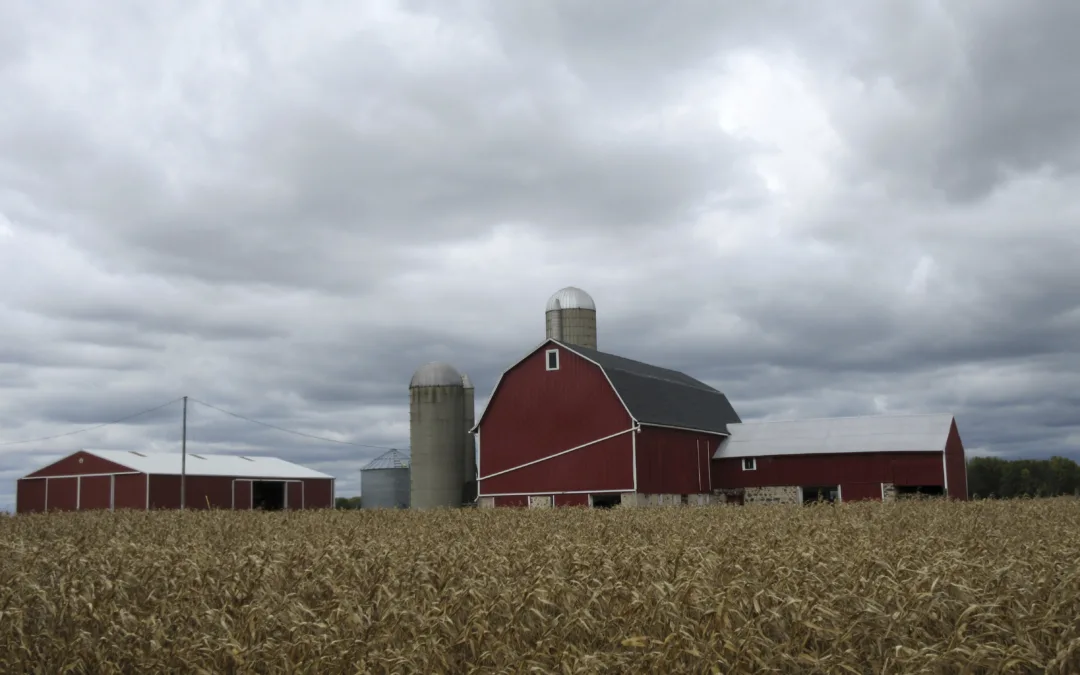
Wisconsin dairy industry to take big hit under Trump’s deportations
Behind the title of “America’s Dairyland” is a workforce comprised of migrant workers. Experts say without them, the dairy industry could collapse....
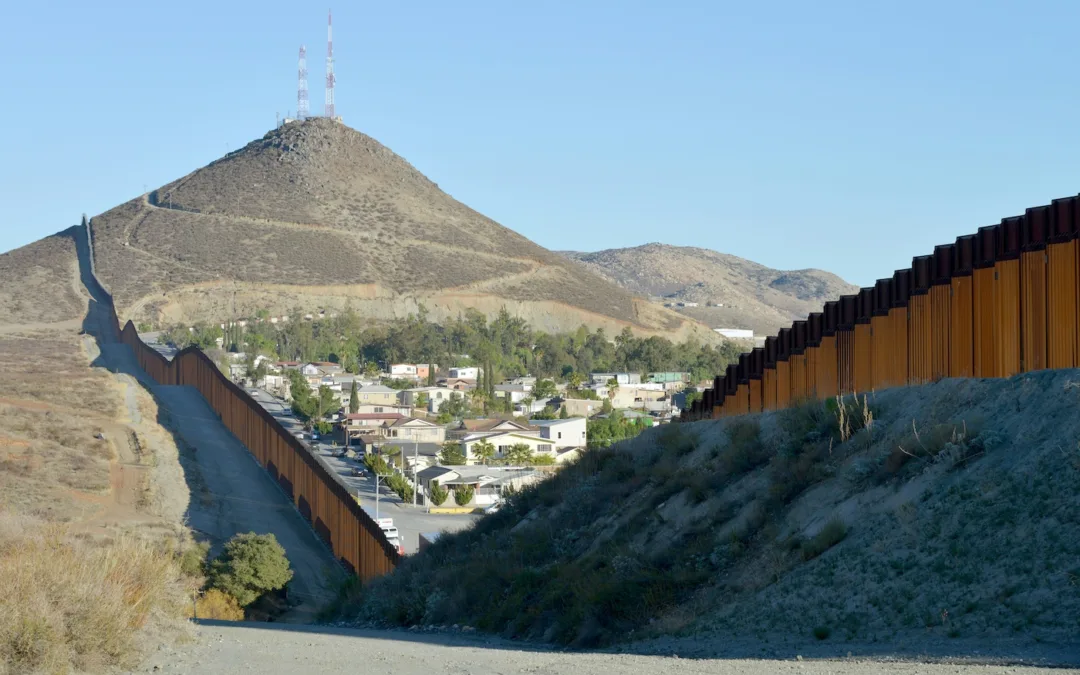
Editorial: Would you prefer a bipartisan deal that increases border security—or no deal and just a lot of talk from now ‘til Election Day?
Trump says the quiet part out loud and US Rep. Derrick Van Orden says he wants no part of a bipartisan deal. [Editor's Note: This editorial was...
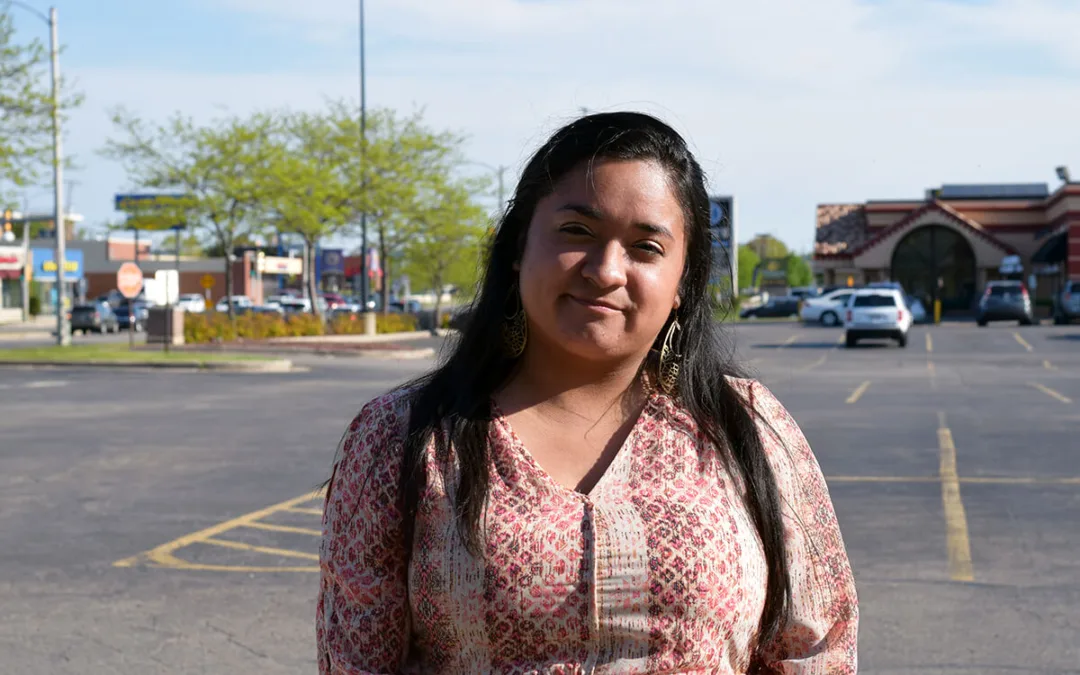
‘It’s About Time’: Wisconsin Advocates Say Immigration Reform Needs to Happen Now
About 75,000 undocumented immigrants live in Wisconsin, many working “essential” jobs that put them at high risk of COVID-19. The best way to reward...
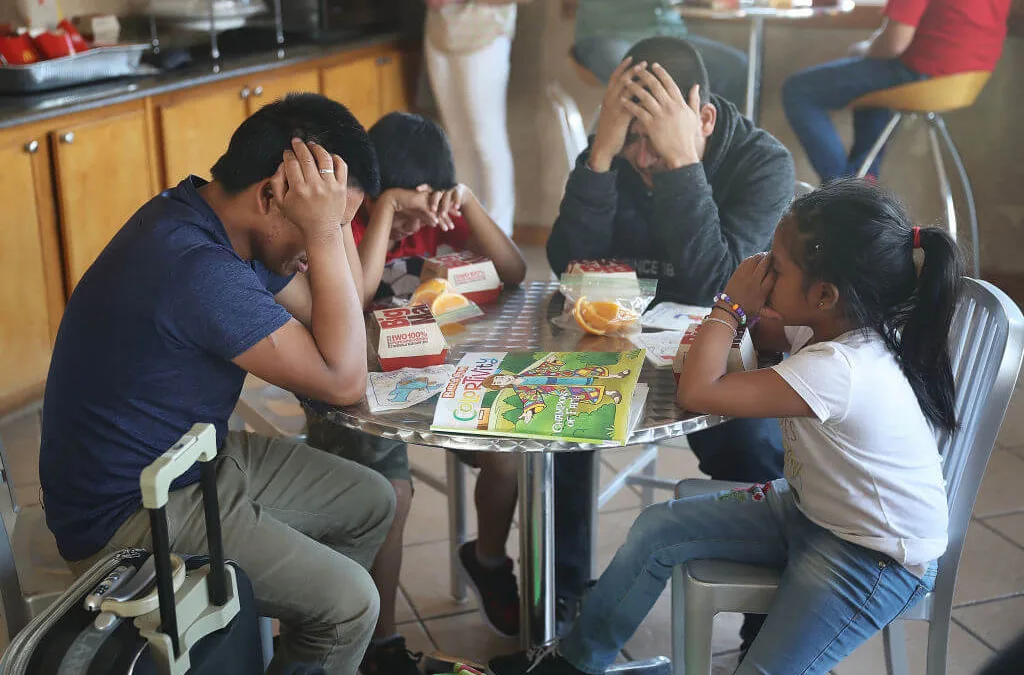
545 Undocumented Children Are Orphans Because of Trump
The missing parents are from Trump’s 2017 pilot program to separate families at the border. A lawsuit against the US Department of Justice...




